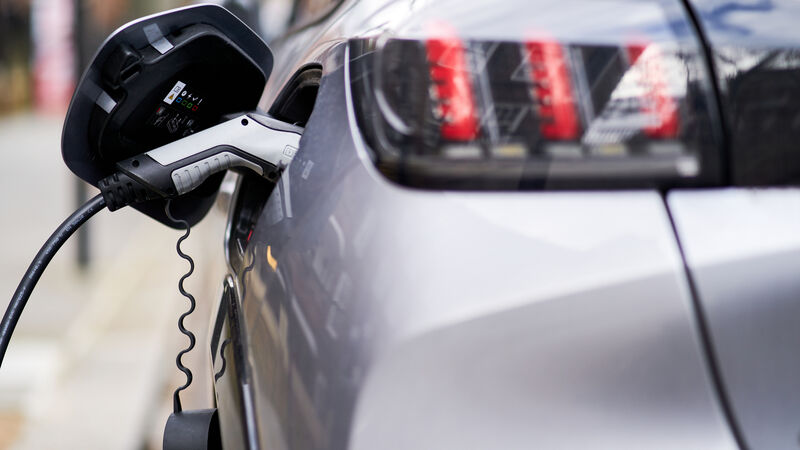Cars run on e-fuel would emit five times more carbon dioxide than electric vehicles

The decarbonisation of transport is proving to be one of the biggest challenges for governments across Europe as they attempt to implement emissions targets by 2030 and then 2050.
Cars that would run on so-called e-fuel would emit five times more carbon dioxide than electric vehicles (EVs), leading to calls for the EU to stand firm on insisting they must be wholly carbon-neutral.
Under pressure from EU member states with extensive car manufacturing industries, such as Germany, the European Commission earlier this year came up with a workaround to allow sales of new cars with a traditional internal combustion engine after 2035 if they are powered by climate-neutral e-fuels.










